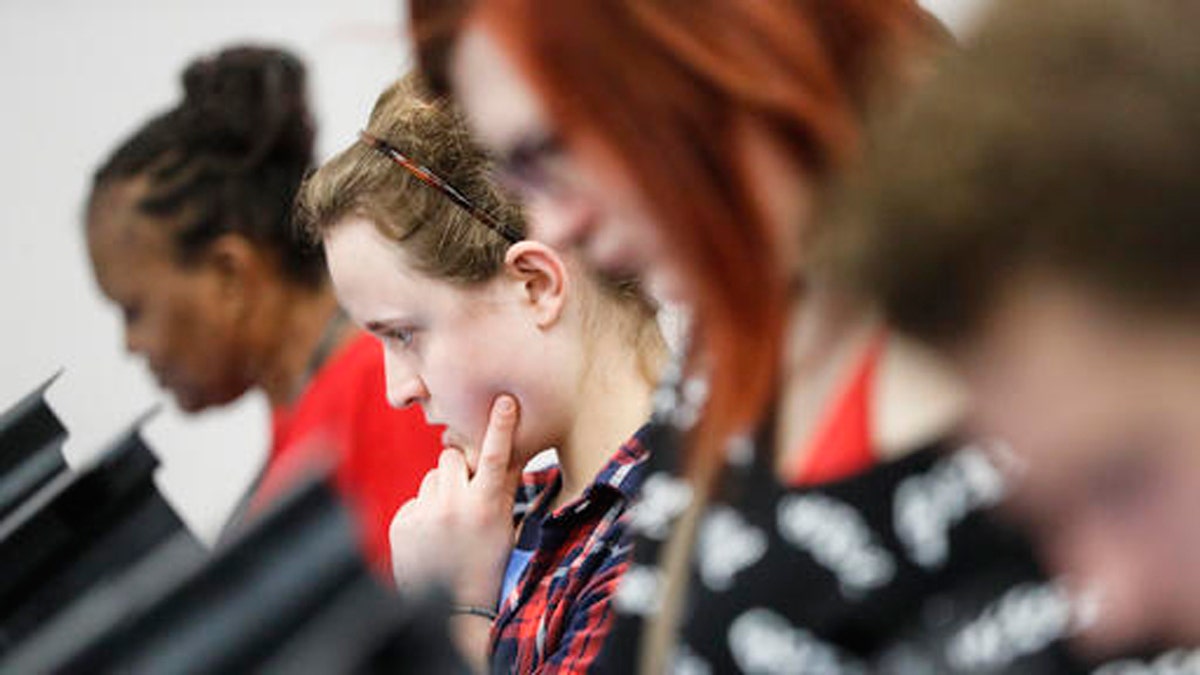
In the aftermath of last week’s elections one thing became crystal clear: Women played a pivotal role in the outcome of not only the race for the White House, but for Congress and State Houses as well.
In America today, more women vote than men. They are searching to identify with the party and the candidates that speak to them and for them, so candidates must speak to the issues that are of interest to women and are likely to influence their vote.
But it is too easy to get bogged down in social issues that divide women, when the fact is that, like men, we tend to vote with our wallets and out of concern for our family’s personal safety and economic security, as well as the well-being of our community.
We are concerned about our financial stability, making ends meet at home and the education and health of our children. We want to be there for our friends, our spouses, our kids and our parents. We want to share our values and priorities. We worry about caring for our parents and about what life will look like when we grow old. What our parents wanted for us — a safe, sound and secure America — we want for our children and theirs.
We are concerned with our job opportunities and participation in the marketplace. We expect equal pay, and we must demand equal access to capital and boardroom governance. We also want the peace of mind that comes with quality and affordable health care for ourselves and our families.
Sadly, women did not make any gains in Congress this year. According to Fortune.com, “The number of women in both chambers will remain unchanged, at 104, and the number of female governors will fall to five from six, according to the Center for American Women and Politics at Rutgers University. In the 115th Congress, which will convene January 3, there will be 21 women in the Senate and 83 women in the House. In the previous congressional session, there were 20 women in the Senate and 84 in the House.
“That means women make up about 19% of Congress overall, a figure that puts the U.S. near the middle of the pack compared to other countries. Before the Tuesday vote, the U.S. ranked 97th out of 193 countries in terms of women’s parliamentary representation, according to figures compiled by the Inter-Parliamentary Union.”
Look around. Women are active members in schools, churches and civic organizations, but not in government, where we can influence the policies that affect our lives and our communities. Women who believe accomplishments of human creativity in a free-market economy improve everyone’s life are not represented in public office in numbers that can shape and implement those policies.
Women also deserve access and consideration for running for office and public service. The cost to run for office is high; financial and campaign support are musts.
Some very accomplished, powerful, diverse and thoughtful women spoke at the Republican National Convention in July. We heard from U.S Senators Joni Ernst of Iowa and Shelley Moore Capito of West Virginia; Karen Vaughn, the mother of fallen U.S. Navy Seal Aaron Carson Vaughn; Sharon Day, co-chairman of the Republican National Committee; Arkansas Attorney General Leslie Rutledge; retired NASA astronaut Eileen Collins; and Oklahoma Gov. Mary Fallin.
The challenge going forward will be to get women more involved. Those who believe in the power of the free-enterprise system, who have the desire to serve and who exhibit the political acumen must be identified, encouraged, supported and mentored to participate in the political process organizationally and to run for office.
The party that disregards women does so at its peril. Women are not looking for a handout. We are looking for the same hand that is offered to men.
This election has shown that women’s primary issues are policies that affect individual freedom, free enterprise and the ability of communities to engage in creating opportunities for everyone. There needs to be a space for those women at the table.
It is not enough to ask for our vote. You must earn it.
